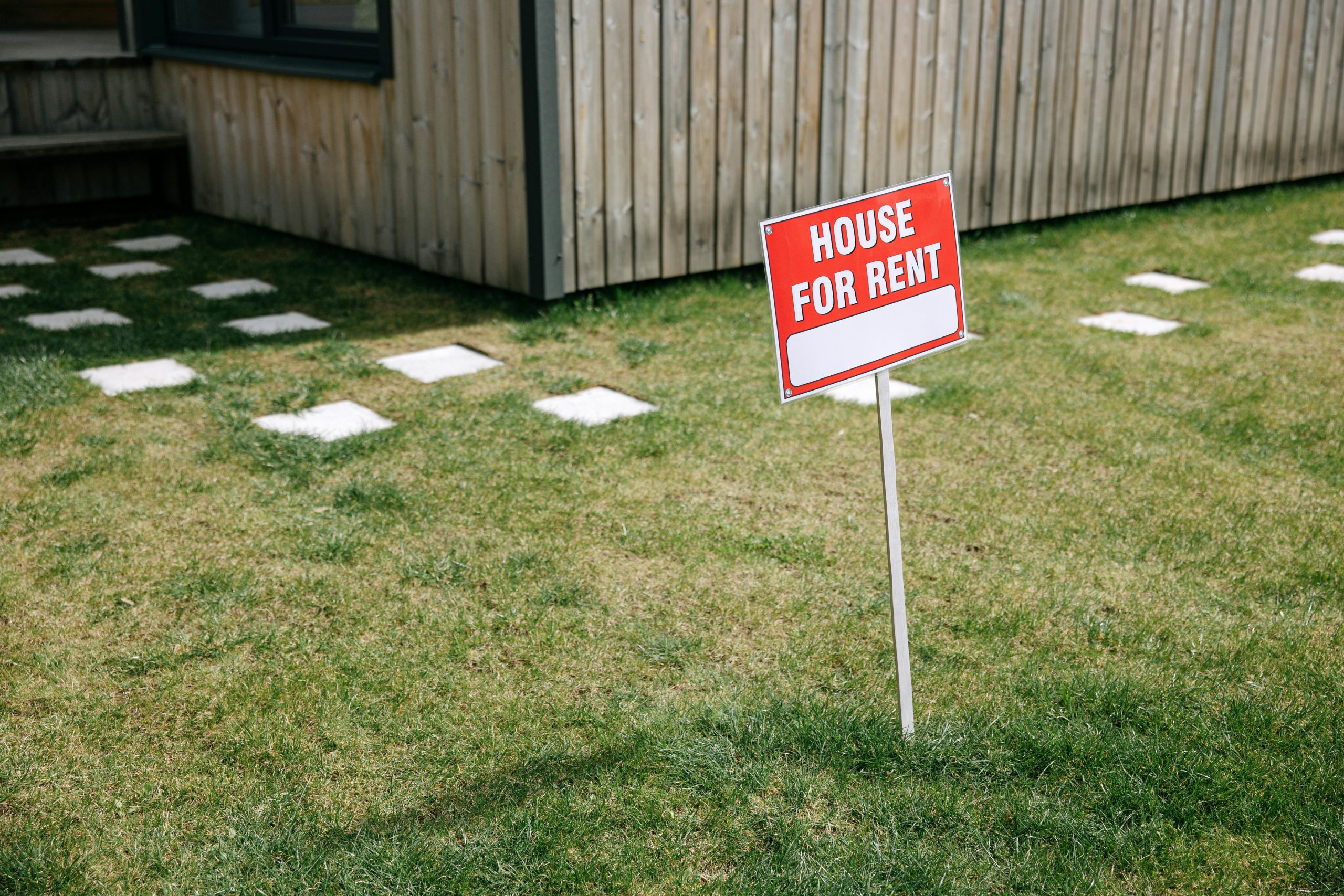- Landlord's Guide
Landlord's Guide: How to Lease a Property in the UAE

A Step-by-Step Guide to Leasing Property
1. Prepare Your Property for Leasing
Repairs and Maintenance: Ensure the property is in good condition by fixing any wear and tear, and consider freshening up with paint or minor upgrades. Furnishings (Optional): Decide whether to rent the property furnished or unfurnished, depending on your target market.
2. Set the Right Rental Price
Research comparable rental prices in your area to set a competitive rate. Consult a RERA-registered agent (in Dubai) or an experienced agent in other Emirates to ensure you’re pricing according to current market trends.
3. Partner with a Trusted Real Estate Agent
A licensed agent can help you advertise, find suitable tenants, and navigate UAE leasing laws. They can also advise on contract terms, tenant screening, and negotiations.
4. List and Market Your Property
Use online platforms like Bayut, Property Finder, and Dubizzle to reach a wide audience. Professional photos and clear descriptions will enhance your property’s appeal, highlighting amenities and unique features.
5. Screen Potential Tenants
Review tenant applications carefully and conduct background checks. Look for financial stability, employment status, and rental history to ensure reliable tenants.
6. Draft and Sign the Tenancy Contract
Prepare a tenancy contract detailing rent amount, payment frequency, lease terms, and maintenance responsibilities. Tenancy contracts are generally for one-year terms, and post-dated checks for rent payment are common in the UAE. Security Deposit: Collect a refundable security deposit (usually 5-10% of annual rent), returned at lease end if no damage occurs.
7. Register the Tenancy Contract
Ejari Registration (Dubai): Register the lease agreement with Ejari to make it official with the Dubai Land Department. Other Emirates require similar registration through their respective property or municipality authorities, which is essential for tenant utility setup.
8. Hand Over the Property
Conduct a move-in inspection with the tenant to document the property’s condition. Provide keys, access codes, and orientation on property features and utilities.
9. Manage Tenant Relations and Maintenance
Ensure regular maintenance and be responsive to repair requests, as required by UAE rental laws. Clearly communicate tenant responsibilities, especially for minor repairs and upkeep.
10. Plan for Renewal and Termination
Lease Renewal: In Dubai, provide a 90-day notice if you plan to change rent or terms upon renewal, in accordance with RERA regulations. If a tenant intends to vacate, they usually provide a 60-90 day notice, as specified in the lease. 11. Understand Your Rights and Responsibilities Landlord Rights: UAE rental laws protect landlords, with specific provisions on rent increases, eviction, and handling disputes. Eviction Rules: Familiarize yourself with RERA guidelines in Dubai (or local rules in other Emirates) to ensure compliance if you need to end a lease early. By following these steps, UAE landlords can attract quality tenants, streamline the leasing process, and protect their property investment. A clear understanding of rental laws and careful tenant management can lead to a successful and rewarding leasing experience.


